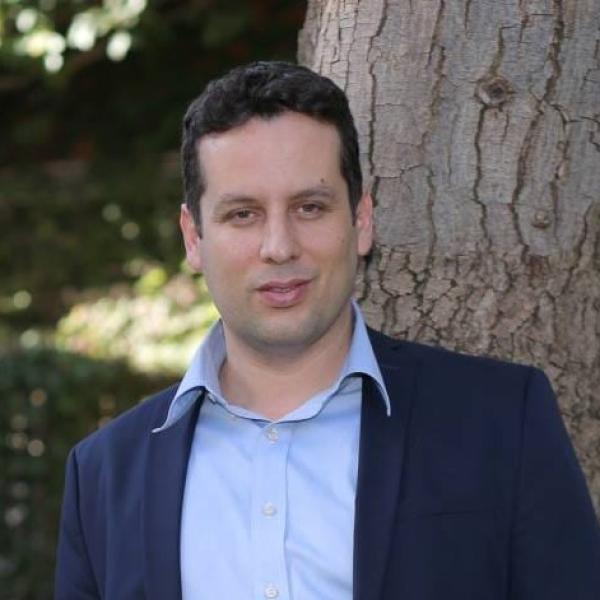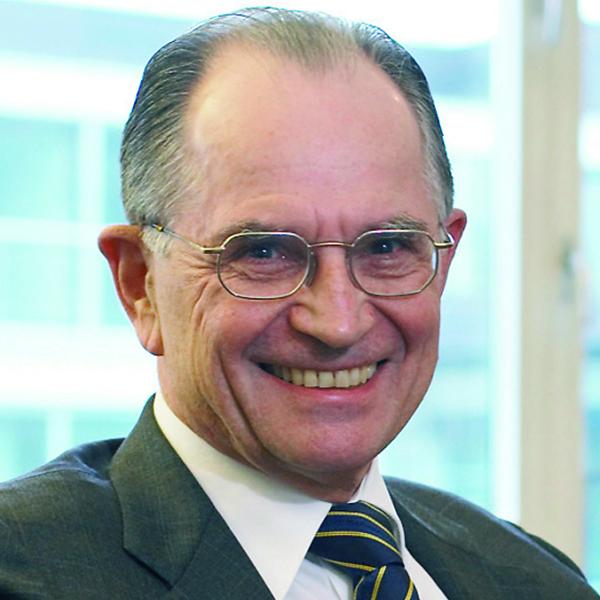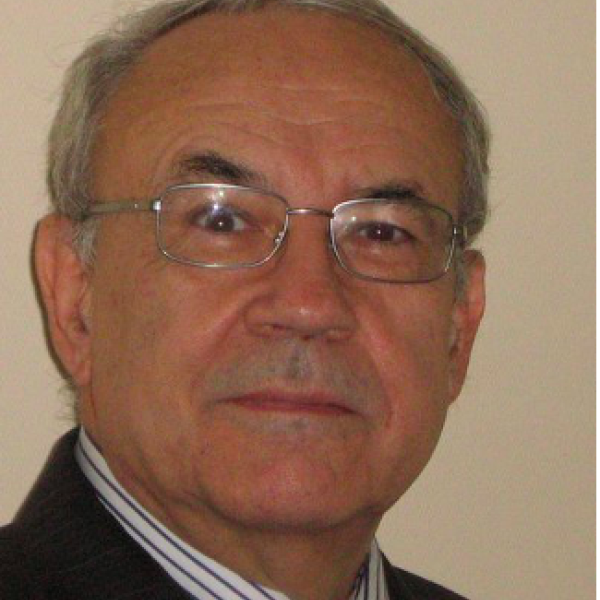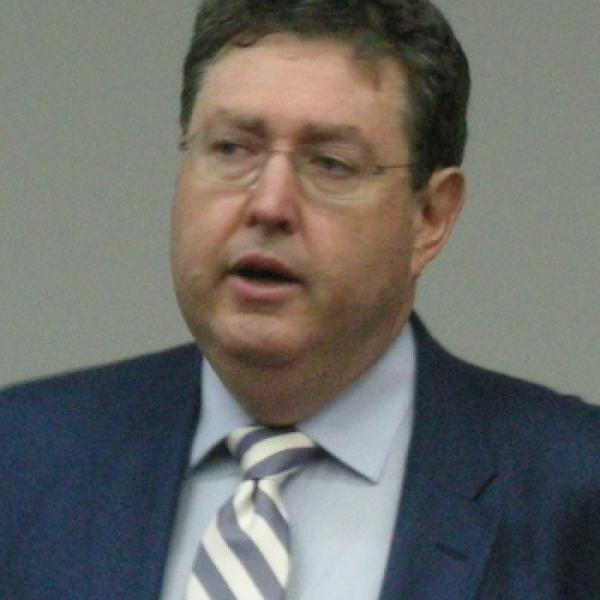Centros and European Company Law

In 1999, the (then) Court of Justice issued its decision the Centros case (C-212/97), which is without doubt the most influential judgment in the field of European company law.
In contrast to the United States, founders of companies were historically often not given free choice where to incorporate in Europe. Conflict of law rules were divided between the incorporation theory and the real seat theory. Under the latter, the law of the company’s real seat or head office governs its operations. If, for example a firm is incorporated in state A, but is actually based in state B, and if B is a real seat state, courts might apply B’s corporate law to the company. Because the company did not go through the incorporation procedure in B, the company might be treated as non-existent, or as a partnership between its shareholders. Consequently, founders and companies were deprived of the ability to choose the law most suitable to their purposes, and regulatory arbitrage in company was essentially impossible in the European Union. One might be tempted say that the real seat theory was intended to protect national laws from competing with each other.
All of this changed with Centros and a number of follow-up cases, most prominently Überseering (C-208/00, 2002) and Inspire Art (C-167/01, 2003). The court found, in particular, that national authorities could not deny the registration of a branch office of a “pseudo-foreign” firm incorporated within an EU or EEA country, they could not deny the legal personality of such a company, and they are not permitted to impose special disclosure requirements on such companies and impose a special types of liability on such companies. Actions by Member States to this effect were found to be compatible with the freedom of establishment as interpreted by the Court. The practical result is that Member States can no longer apply the real seat theory to firms incorporated in other EU and EEA members.
In the early years after the case, scholars began to analyse whether EU Company Law would see a “race to the top” or “race to the bottom” in company law, as it has been debated in the United States for many decades. While large and publicly traded firms seemed to take little notice of the debate in the early years, a considerable number of founders of new businesses from Continental European countries set up Private Limited Companies in the United Kingdom for the purpose of doing business in the founders home Member State. This trend seems to have abated at least in some Member States, but Centros has left Europe with a greater freedom of choice between different corporate laws, especially for small firms.
Centros has contributed to the internationalization of company law scholarship in Europe, and it has inspired scholarship written by ECGI Research Members in the following areas, among others:
- The effects of regulatory arbitrage and regulatory competition, e.g. whether EU company is undergoing a “race to the top” or “race to the bottom”;
- The merits and demerits of the legal capital system, most of all minimum capital, which arguably was one of the most important reasons for incorporating in another EU Member State;
- the ability of Member States to impose their own legal rules and doctrines on companies founded in another Member State;
- the interaction of company and insolvency law in cross-border cases;
- Possibilities for cross-border mobility of corporations, which Member States must permit under the freedom of establishment, and for which the Directive on Cross-Border Mergers (formerly Directive 2005/56/EC, now, art. 118 to 134 of the (codified) Company Law Directive 2017/1132/EU).
- Cultural, legal hurdles and practical hurdles that inhibit free choice of corporate law and corporate mobility;
- The effects of some Member States’ efforts to make their own company law less unattractive to avoid an exodus of companies to other states.
- The impact of Brexit on English Private Limited Companies with their real seat in Continental Europe.
This page is intended as a continuing resource section on this subject and will be updated when necessary. It contains papers of relevance and ECGI researchers that are knowledgeable on the topic.
Queries, suggested inclusions and other ideas?


































